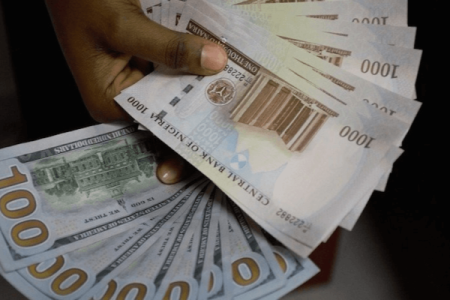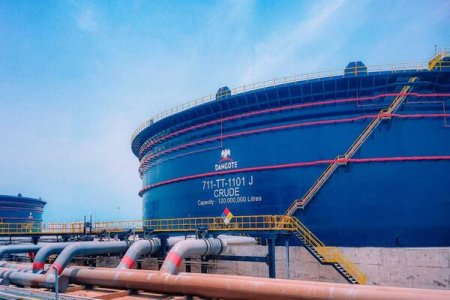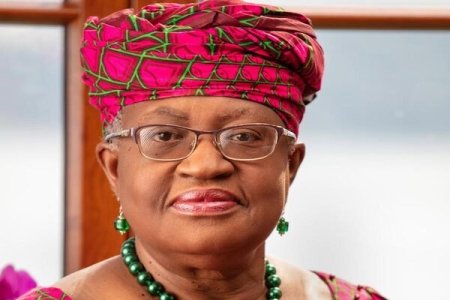
The Nigerian naira recorded its largest depreciation this week, falling to N1,552.53 per dollar in the official market, largely due to U.S. President Trump’s tariff announcements. Despite a strong foreign exchange reserve, the new tariffs have sent shockwaves through Nigeria’s economy, weakening both official and parallel market rates.
The Nigerian naira experienced its most significant decline against the US dollar this week, as the currency slumped to N1,552.53 per dollar on Thursday, marking a sharp drop of N21.28 compared to the previous day's rate of N1,531.25. This decline in the official foreign exchange market followed a similar drop in the parallel market, where the naira weakened by N5, reaching N1,560 per dollar.
Experts attribute this rapid depreciation to the recent announcement by US President Donald Trump of new 10% tariffs on several trading partners, including Nigeria. Trump’s move has sparked global outrage and is expected to have a considerable impact on US-Nigeria trade, worth approximately $10 billion annually.
The tariffs signal the end of the African Growth and Opportunity Act (AGOA), which has historically provided preferential access to US markets for African countries, including Nigeria. Dr. Muda Yusuf, CEO of the Centre for the Promotion of Private Enterprise, highlighted that this change could further destabilize the naira exchange rate.
Despite the Central Bank of Nigeria's positive news about the country's foreign reserves, which stood at $23.11 billion as of the end of 2024, the pressure from international trade disruptions is evident. Economic analysts are closely monitoring the long-term effects of these tariff changes on Nigeria's economy and its currency.



